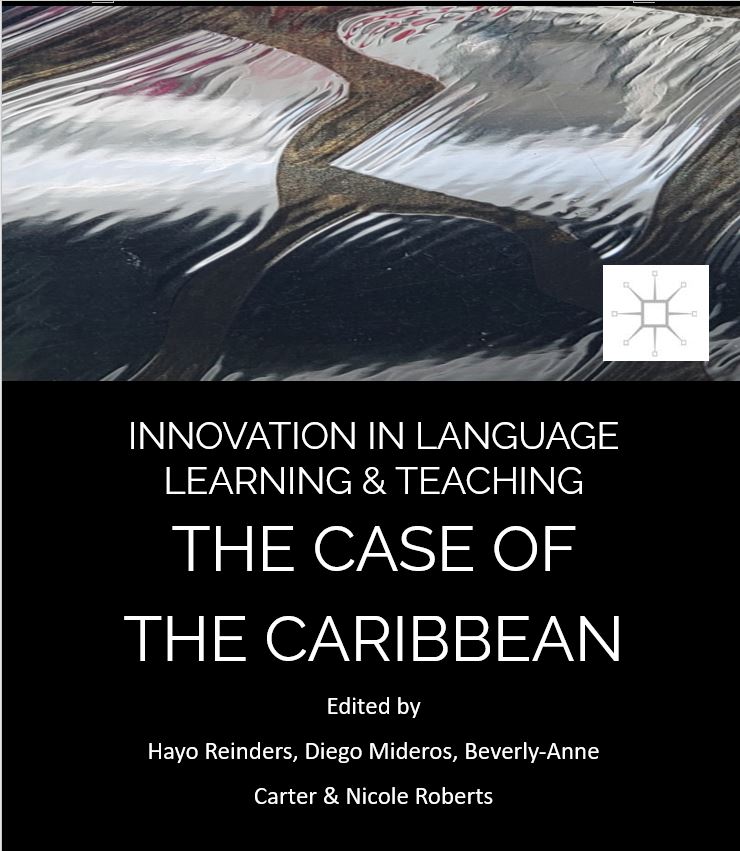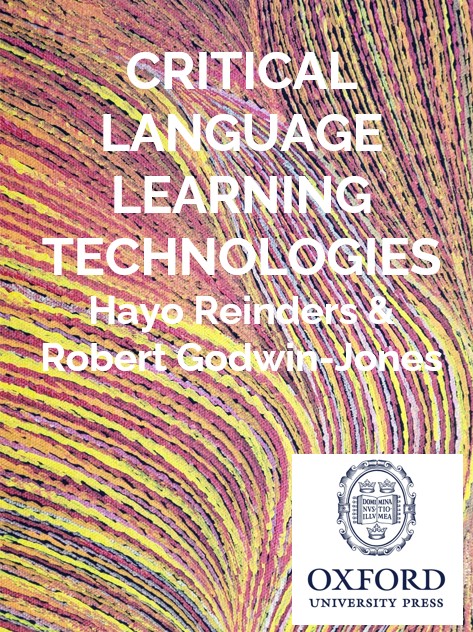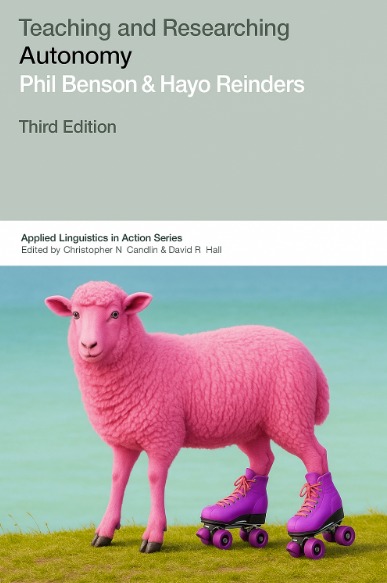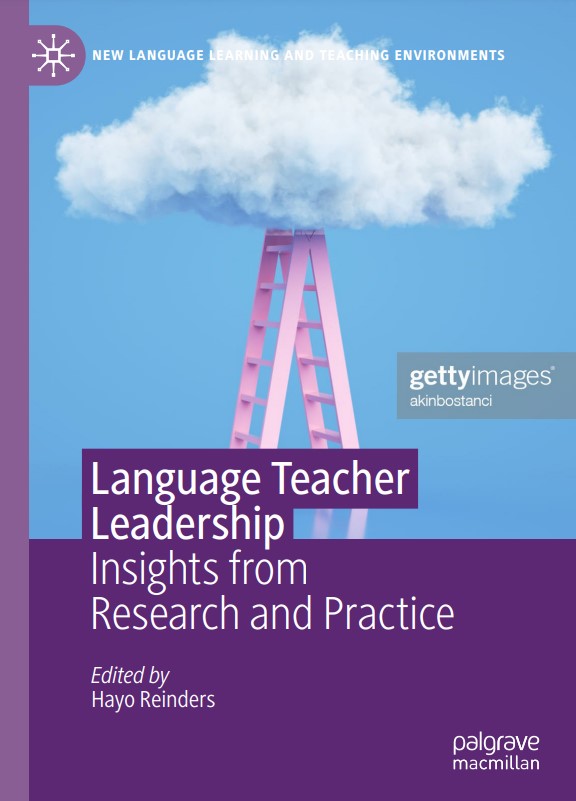Books > Innovation in Teaching: The Case of the Caribbean
Reinders, H., Navarro, D., Carter, B., & Roberts, N. (Eds.). (2022). Innovation in language learning and teaching: The case of the Caribbean. Palgrave Macmillan (forthcoming).

The book
Innovation in language learning and teaching is subject to a complex interplay between global and local influences on language policies, curriculum development, the implementation of new teaching methods, and the integration of technology. The Caribbean region in particular is responding to a large number of significant challenges, including large migration streams, the effects of globalisation and the need for lifelong learning, as well as concerns about the quality of its language education systems.
Local responses to these changes have been varied and dynamic. Areas that have seen particularly significant changes are those that will be familiar to readers from many contexts around the world, including the integration of technology, the search for more effective teaching methodologies, the benchmarking of language education outcomes against global indicators, and the significant increase in the number of bilingual and international schools and programmes.
These changes have prompted intense debate and a fundamental reconsideration of the roles and forms of language education, with both uncertainty and promise for the future. As many countries have experienced similar changes in recent years, the well-documented experiences and lessons learned from this fast-changing region will provide invaluable information to better plan, implement and support developments elsewhere.
Therefore, some of the questions that this book attempts to answer are:
Where does the impetus for educational change in the region originate?
Why do some changes gain traction while others do not?
Who are the stakeholders in and drivers of these changes?
And why are some changes implemented successfully, whereas others fail?
This book brings together the experiences at all levels of language education in the Caribbean region, from government to public and private education to business and industry, to identify the origin of the processes of change and the factors influencing their success. The chapters bring together widely respected and well-known professors from the top institutions in the region and elsewhere who, together, try to cover all aspects of innovation in language education.
Each chapter deals with a particular innovation or an innovation in a particular sector, and is carefully structured to provide enough background information to understand its specific context, while drawing broader implications for educators in different contexts or countries.
Each chapter is followed by a number of discussion questions to encourage readers to make links with other chapters in the book and to develop a clear understanding of the drivers of innovation. The overview and closing chapters set the scene and bring together all the experiences to offer suggestions for a successful integration of innovative practices in language education worldwide. As such the book is useful to any interested in conceiving of, implementing, or evaluating innovation.
Proposed content
Introduction: Innovation in Language Education in the Caribbean region
Nicole Roberts, Hayo Reinders, Diego Mideros, Beverly-Anne Carter
Sugerencias metodológicas para el incremento de la competencia intercultural en el Caribe anglófono (Methodological suggestions to increase students’ intercultural competence in the English-speaking Caribbean)
Carmen Céspedes Suárez
The University of the West Indies, Cave Hill Campus (Barbados)
Puerto Rican English Teachers’ Perception of Student Resilience in the Aftermath of Hurricane María
Elenita Irizarry Ramos & Kevin Carroll
University of Puerto Rico (Puerto Rico)
Integración del paradigma pedagógico transformativo-holístico en la clase de literatura hispana en le/l2 sita en el caribe anglófono (Integrating the transformative/holistic pedagogical paradigm to the Spanish-as-a-foreign-language literature class in the Anglophone Caribbean)
Rosana Herrero-Martín
The University of the West Indies, Cave Hill Campus (Barbados)
Enseigner la prononciation dans un environnement d'apprentissage mixte (Teaching pronunciation in a blended learning environment)
Frank Bardol
Université des Antilles, Pointe-à-Pitre
Enjeux et défis de la formation continue des professeurs de FLE dans la Caraïbe anglophone (Issues and challenges of continuing education for French as a foreign language teachers, in the Caribbean)
Sabrina Lipoff
CARICOM (Saint Lucia)
Teaching beyond the classroom: Project-based assessment in a language education course
Pamela Rose
University of Guyana (Guyana).
Values-Based Innovation in the Caribbean Context: Grounding a Postcolonial Pedagogy for the Cave Hill Spanish Section of The University of the West Indies
Ian Craig
The University of the West Indies, Cave Hill Campus (Barbados)
Learning Spanish beyond the classroom in a corporate setting
Diego Mideros & Paola Palma
The University of the West Indies, St. Augustine Campus (Trinidad and
Tobago)
Innovation in language education partnerships: the case of the Confucius Institutes @UWI
Beverly-Anne Carter
The University of the West Indies, St. Augustine Campus (Trinidad and Tobago)
Enhancing the French language learning experience with the WhatsApp application
Mathilde Dallier
The University of the West Indies, St. Augustine Campus (Trinidad and
Tobago)
Implementation of a Papiamentu-English Pre-University Education Program:
Struggles and Triumphs (Curacao)
Nihayra Leona
University of Amsterdam
Innovation in Language Education in the Caribbean region: Future Directions
Hayo Reinders, Diego Mideros, Beverly-Anne Carter & Nicole Roberts


